God has made himself known to us, human beings, little by little.
Our minds and hearts needed to understand what kind of a God our God is, but this had to happen gradually.
The texts of the Bible show us how this has taken place over centuries.
It is through events and situations, and the people involved in them, that God revealed himself.
The 1st reading of today’s celebration is a very important text in terms of revelation (Jeremiah 31:31-34).
Through the prophet Jeremiah, God makes himself known as a God of covenant and promises.
It gives us a message that is astonishing:
 “I will make a new covenant with the people of Israel and with the people of Judah…
“I will make a new covenant with the people of Israel and with the people of Judah…
“I will put my law in their minds and write it on their hearts.
I will be their God, and they will be my people…
I will forgive their wickedness and will remember their sins no more.”
A covenant is a term that is not used frequently in our daily conversations –
we think more in terms of an agreement, or a plan of cooperation.
Between them, heads of states will come to a deal, or an understanding of mutual assistance.
As for promises, they are indeed part of our daily life, for better or for worse, some may say…
As far as God is concerned, it is as if he could not speak… otherwise than promising good things to people!
He knows that in terms of covenant… our own record is not glorious…
And the same can be said about our way of keeping our promises to him…
Yet, again and again, he will renew his plan of a relationship with us –
a relationship that is ongoing, through thick and thin.
God will not abandon us no matter if we go away from him.
He keeps on trying to reach us – wherever we are – to win our friendship.
For that, he is ready to say, to repeat, to promise:
“I will forgive their wickedness and will remember their sins no more.”
Our response can be that of the Psalmist:
“I have treasured your promises in my heart, I have no wish to sin against you.”
“This has been my comfort in my suffering: that your promise gives me life.”
“Direct my steps as you have promised, let evil win no power over me.”
I rejoice in your promise, like someone on finding a vast treasure.” (Psalm 119:11,50,133,162)
Note: Another text is available on a different theme, in French, at: https://image-i-nations.com/5-e-dimanche-du-careme-annee-b-2024/
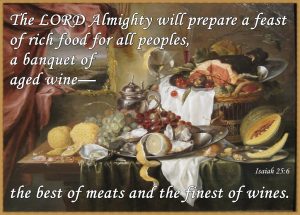 The text of today’s 1st reading could perhaps provoke the same reaction from many people (Isaiah 25:6-10).
The text of today’s 1st reading could perhaps provoke the same reaction from many people (Isaiah 25:6-10).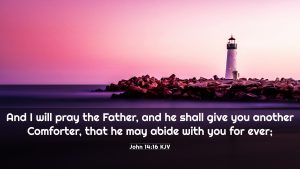 “I shall ask the Father, and he will give you another Advocate.”
“I shall ask the Father, and he will give you another Advocate.”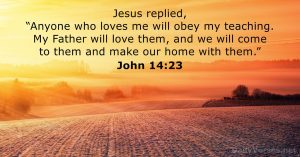 “Anyone who loves me… my Father will love them,
“Anyone who loves me… my Father will love them,  “Because he/she loves me,” says the Lord, “I will rescue him/her;
“Because he/she loves me,” says the Lord, “I will rescue him/her;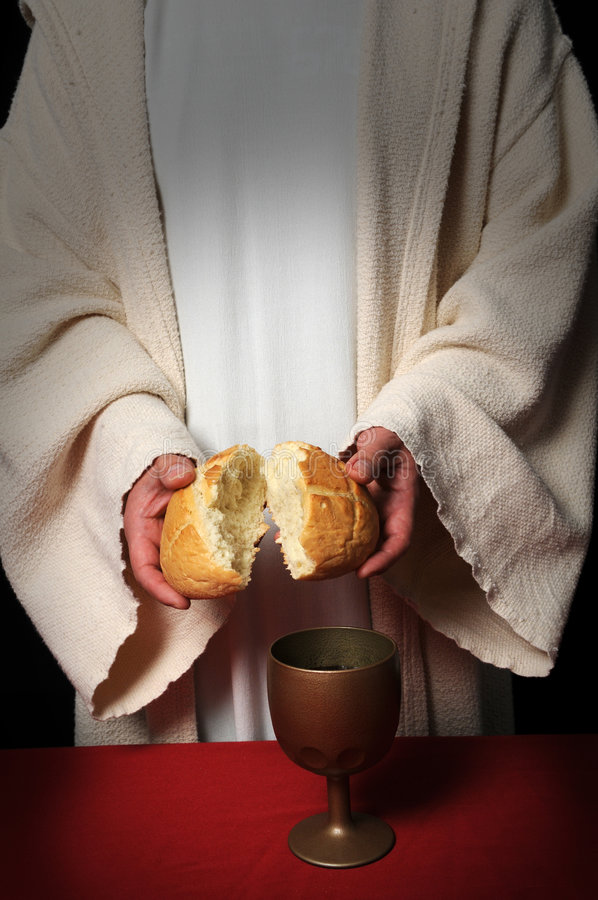
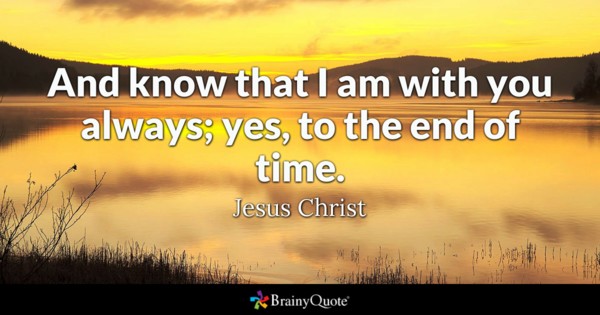

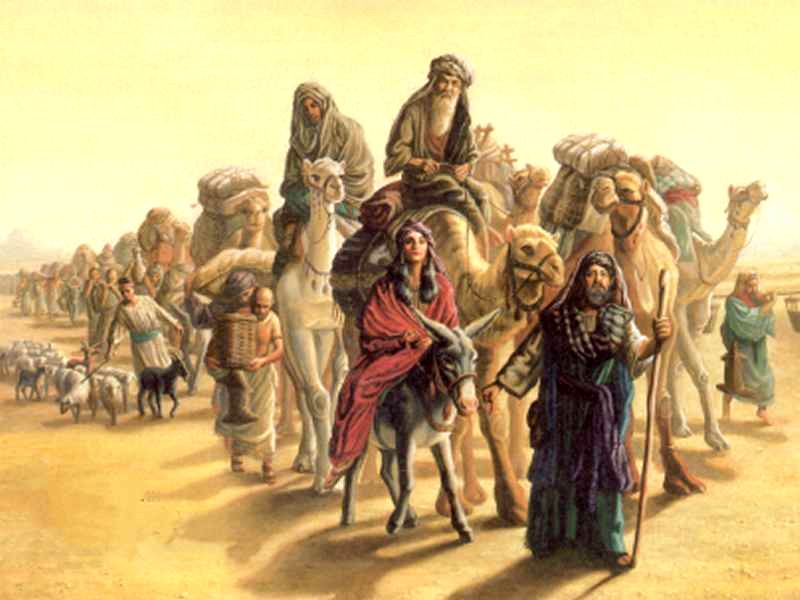 It is hard to imagine the situation described by the 1st reading which shows Abram told plainly and simply: “Leave your country…” (Gn.12:1-4).
It is hard to imagine the situation described by the 1st reading which shows Abram told plainly and simply: “Leave your country…” (Gn.12:1-4).
